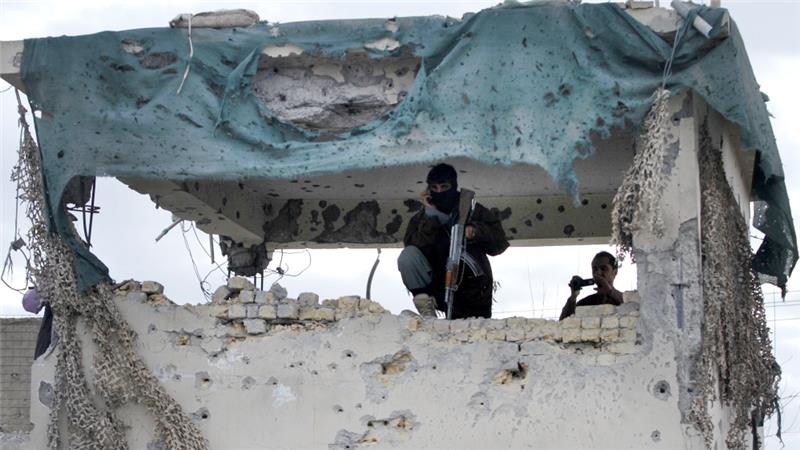Much of the extremist propaganda put out by trans-national terror groups like Al-Qaeda and Daesh tout a narrative calling on Muslims to rise up everywhere and join the global jihad. This message is in stark contrast to the narrative put out by one of our oldest enemies; the Taliban.
Come One, Come All
Daesh is not picky with their recruiting. They do not care what your nationality is, what color you are, or what culture you came from. Daesh, mostly composed of Arabs, has a sizable element made up of Western and Eastern European fighters ready to wage jihad. This mixing pot of bad guys is united by a trans-national ideology of a global Caliphate encompassing all true Muslims. State and ethnic boundaries do not matter to the ideology of Daesh.
The Enemy You Know
Unlike Daesh, the Taliban are content with state boundaries and are a nationalist terror group. The US has been fighting the Taliban for a long time. The Taliban are not going to stop their Jihad until they restore Afghanistan to an Islamic State under Sharia. That is what they want: Afghanistan.
The nationalistic Taliban are almost entirely comprised of Pashtun tribesmen, an ethnic plurality found in Afghanistan and Pakistan with only a few anomalies such as John Walker Lindh.

If you look at areas with high Taliban activity here, and compare it with this ethnic map you can see that they line up surprisingly well.
What this means is that there is an ethnic connection with the Taliban jihad. This type of ethnic solidarity is certainly not seen in terror groups like Daesh and Al-Qaeda.
The ethnic influence on the Taliban’s ideology is so significant that in some areas of their law, Pashtunwali or the unwritten Pashtun code is in direct competition with the Qur’an. This blending of tribal and Islamic law has led to other extremists like the emir of Daesh’s Khorasan Province to question the Taliban’s religious legitimacy:
“The nationalist Taliban movement only has control of some regions of “Afghanistan,” nowhere else. As for ruling them by Allah’s law, then it does not do that. Rather, they rule by tribal customs and judge affairs in accordance with the desires and traditions of the people, traditions opposing the Islamic Sharī’ah.” – The Diplomat.
Based on this quote it appears that the Taliban are a radical nationalist organization using religion as a catalyst and excuse for them to rule Afghanistan. This raises the question of whether the Taliban are more concerned with creating an Islamic state or a Pashtun dominated state to challenge what they see as a Western puppet government. Many Pashtuns feel marginalized by the internationally recognized Afghan government and the Taliban offers them a way to reclaim their dominance over Afghanistan.
Motivations
If being a member of the Taliban was only based on adherence to Islam then certainly we would see a much larger diversity within their ranks. This strong correlation between ethnicity and the Taliban calls into question the motives of some of these militants.
Surely, some of these fighters are ardent believers in the jihad, especially within the command cadre, and will face justice. But it’s likely that many Pashtuns join with the Taliban do so for reasons very common to mankind such as job security, personal prestige and to provide for their families.
A die hard extremist is looking for one only one thing: to die and be martyred. Why then, do we see militants turning in their arms and denouncing their loyalty to the Taliban? The answer could be that these fighters are not looking to make the ultimate sacrifice. Instead they want to secure food for the next month for their families and they are just acting rationally and siding with what they see as the winning team. This is a common occurrence in Afghanistan.
So What?
If the argument that the Taliban are an ethnic and nationalist organization rather than a group filled with jihadists ready to die, then there is room for exploitation. Intensive PYSOP/MISO coupled with realistic hope for economic stability could lead to an increase in defection. A rise in defectors leads to a reduction in man power and support for one of the US’ oldest and most resilient enemies in Afghanistan and Pakistan, the Taliban.







